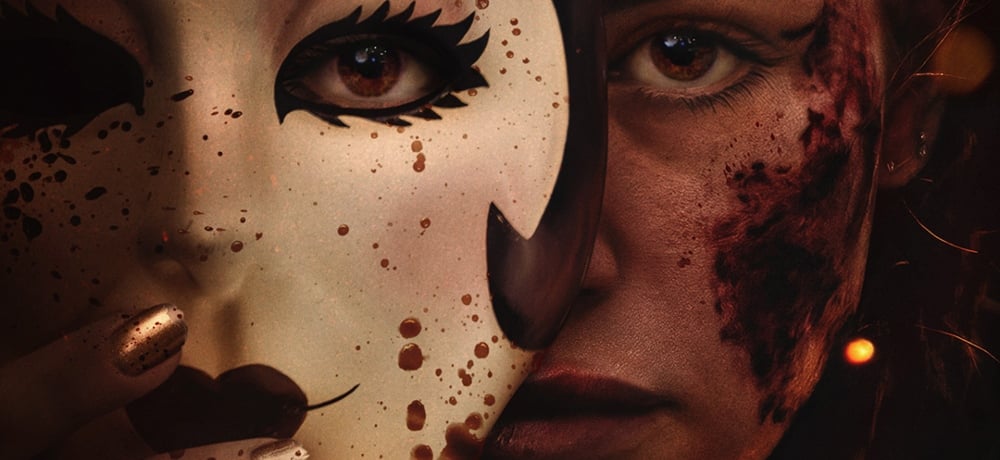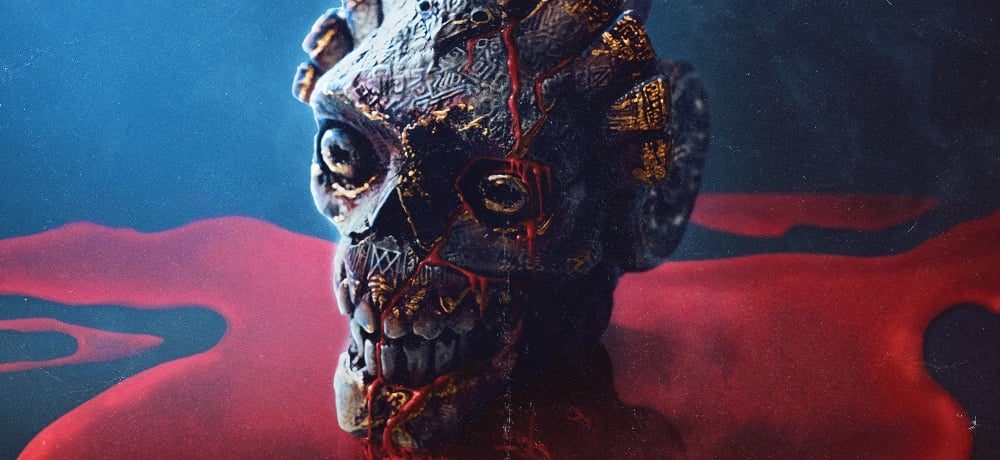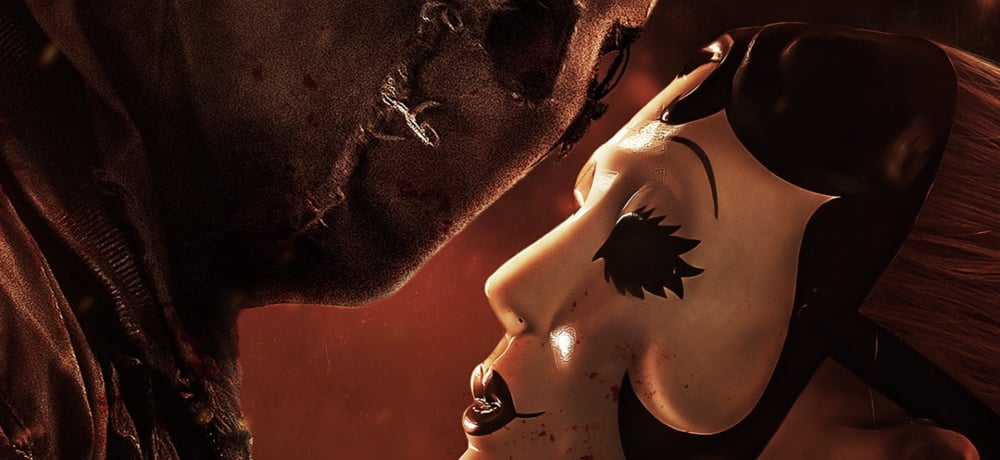





Throughout the 40-plus years he’s been working in the film industry, legendary actor Michael Ironside has thrilled viewers with an endless array of memorable characters that have forever changed the landscape of cinema. For his latest project, Ironside steps into the haunting world of Knuckleball, in which he plays Jacob, a grandfather tasked with caring for his grandson, Henry (Luca Villacis), over the course of a weekend, with danger lurking at every turn (to say anything more would give away some major plot points).
Daily Dead had the distinct pleasure of speaking with Ironside earlier this week, and admittedly, he did much of the heavy lifting during our interview, diving into numerous facets of the production of Knuckleball, including working with director Michael Peterson and reuniting with his Turbo Kid co-star Munro Chambers, and he also discussed how this film taps into some universal problems that we’re all facing these days, and so much more.
Knuckleball arrives in theaters and on digital platforms on Friday, October 5th, courtesy of Freestyle Digital Media.
It's so great to speak with you, Michael. I’ve been a big fan of yours for such a long time now. And I'm curious, when you were looking at this project and looking at this character of Jacob, can you talk about what it was that you saw in him and what clicked with you on a creative level, where you knew you wanted to take on this role?
Michael Ironside: Well, the script was sent to me by Michael Peterson and a mutual friend we had. The great thing about it was I saw what the underlying story was about. For me, it was about miscommunication. Generational miscommunication. Whether it's husband and wife, mothers and children, fathers and grandfathers, it all gets contorted and distorted these days, which I see as the problem in the universe right now, and in the whole world. We've never been at a time when there were more ways of communicating, but so little is actually being said, and being said correctly.
So, how do we do that? How do we show the generational disconnect between everybody? How do we get rid of the cell phone as quickly as possible on this show? We isolate these characters, we show the generational bridge between them all, and carry on with the story. My character, Jacob, without revealing anything, he has this one sense of reality and who he is and where he comes from, and his isolation. Then, right off the bat, you have the kid Henry in the back of the car playing with his game on his cell phone. You have the mother taking pills because of her anxiety. Then, there’s the husband who is talking, and not really listening to his wife and almost misses the turn off to my house because of that. It's the whole basis of the film within that very first opening sequence, when you start high above this barren landscape. You come down, there are three people in the car who can't communicate and don't listen to their child when he's giving them directions.
I was hooked. Mike and I started talking about it, then. How do we best bring it out? How do we trim back the story? When it came to the casting, I suggested Munro Chambers, and Mike said, "Really?" and I said, "Yeah, absolutely." Munro, I convinced to come on board. He has played a certain amount of emotionally available and confused children, so I asked him about playing somebody who is absolutely, completely damaged. He read the script and he told me he loved the idea. He put a lot of work into it. They had prosthetic teeth for him. They added prosthetics to his face. He changed the way he walked. They changed his hairline, they added different hair pieces on him and stuff, just to subtly change everything, and I think he did a phenomenal job, I really do.
This film was also one of those times where a cast and a director and the script and everything clicked all the way through—even the crew. I remember there would be scenes where we did stuff and they'd go, "Huh? We didn't see it that way. That's really cool." Like at the dinner table, when Luca and I are having dinner, and they shot us from the other side with the back-lighted dining room table there. Again, that's darkness, that’s the sense of isolation between the two, where the grandfather is answering, but not really answering. He’s trying to be present, but he’s not really present. Nobody trusts anybody in this f--king film, and it's so wonderful.
And I think Michael did a really good job on the film. I don't do interviews for a lot of films—I don't. I’ve been around for a long time now, and I’ve learned that a lot of them have their own mechanisms and they look after themselves, so they don’t really need me. But Michael was someone who I just immediately clicked with, and whenever we talked about things, we were always on the same page. He was open to suggestions, I was definitely open to suggestions, and we just clicked. So, I am very happy to be supporting him today.
Because you mentioned the fact that you've been doing this for a long time, you’ve done a lot of work both in and outside of the genre. Is there a reason that genre films hook you back into the mix?
Michael Ironside: It doesn't really hook me back in, really. It’s always about story. It's an old joke of mine that I say, "You kill one person with an ax and suddenly you make money off it, no one is gonna let you get away from that." Now the ax may become a Buick and the old lady you killed with the ax may end up being Meryl Streep in a nun costume, so who knows? You know what I mean? It's a huge gamble financing films, especially today. Over the years, people began to see me as somebody who could do the work and was worth investing in, both with time and money, so I use that now. I realize my career has allowed me to affect the distribution of smaller projects, where I can go put my name on a film like Knuckleball, which we shot for next to no money at all, and invite people like Munro to be a part of it all. I know I am very fortunate, so I think about those things more so than what type of film it might be that I am doing.
Is there something in particular that excites you these days when you're looking at potential projects? You’ve seen it all and done it all, which is pretty amazing. So, is it good stories, good characters, or being able to work with directors who have a certain vision?
Michael Ironside: It’s always good writing. I've learned a lot over the years. I've been able to do less and create more with writing that doesn’t try to overdo it. There's a simplicity to the character of Jacob in this film, and very rarely do I get to play somebody like that. I get to play somebody who's the foundation of a family, and then we get the second perception of Jacob through Munro Chambers' character, where it’s like this distant version of a father figure through the Jacob character. I got to play a completely different character from Munro’s perspective. There's the Jacob that I actually play and there is the one that Munro perceives. That was my dilemma coming onto this: how can I do that? How can I make that character different while still remaining faithful to who he is? What are the subtleties that you can use? I love that challenge. I love bringing things to life, hopefully with people who love to do the same thing, which is exactly what happened on Knuckleball.